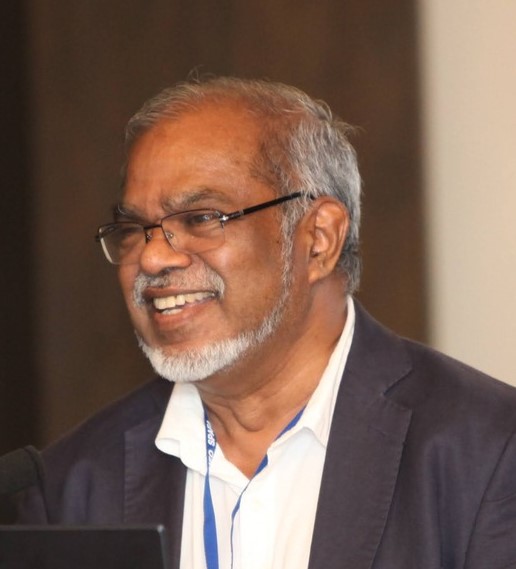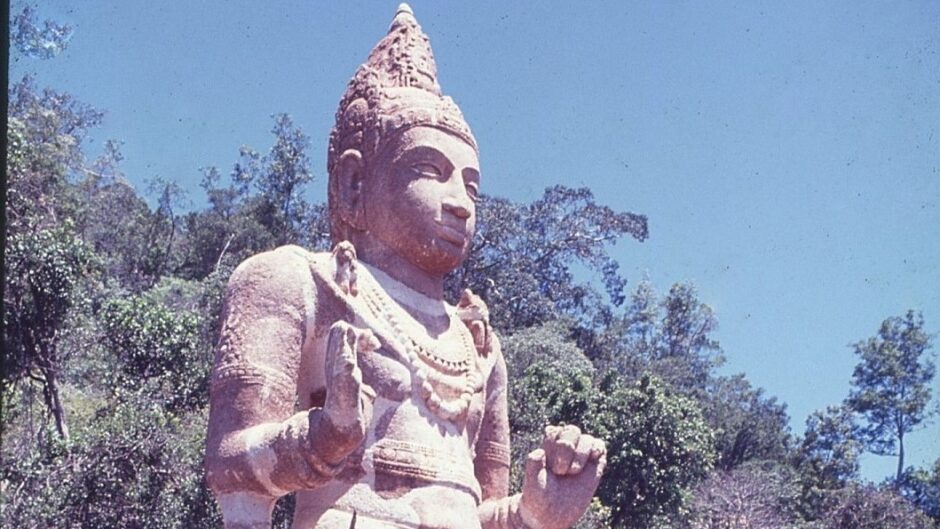The modern conservation ideals began its interaction with Sri Lanka’s Buddhist heritage in the middle of the 19th century with the introduction of the discipline of Archaeology under the British colonial rule. Archaeology along with its conservation approaches happen to overlook the traditional practices that had sustained Buddhist heritage for thousands of years. For instance, members of the Buddhist community that continued traditional conservation of stupas were labelled as ‘Pious Vandals’ by European archaeologists who visited, and new legislation was introduced to ‘control’ their work. Nevertheless, over the last six decades, Western-trained local conservators have attempted to integrate certain modern conservation norms into traditional practices, thereby accumulating a wealth of knowledge. During this period, the conservation of Buddhist heritage in Sri Lanka was primarily led by the late Roland Silva, our speaker Gamini Wijesuriya, and his successor (1960 to present), and that experience will form the core of this talk. Furthermore, he will recount the opportunities we had to place the experience of conserving Buddhist heritage within the wider international debate, through ICOMOS as well as through ICCROM. The talk will conclude challenging the notion of ‘pious vandals’ and how our experience of promoting innovative concepts such as living heritage led to the development of the doctrine of people-centred approach, which is now gaining international recognition.
Gamini Wijesuriya (PhD, Leiden University; MA, Carnegie Mellon University; MA, York University; BSc & MSc, Moratuwa University) is an architect/ archaeologist and a heritage management professional known internationally for his work on World Heritage and People Centred Approach to conservation and management of natural and cultural heritage. He was the Director of Conservation of the Department of Archaeology, government of Sri Lanka (1983-2000) and the first Asian to hold staff position at ICCROM (2004-2018), Rome. He is the author of Buddhist Meditation Monasteries in Ancient Sri Lanka (1998) and the joint editor of the Asian Buddhist Heritage: Conserving the Sacred (2017). He has experience of playing the lead role of conserving many Buddhist heritage places including the bomb damaged World Heritage property of the Temple of the Tooth Relic in Sri Lanka.
In 2021, he was honoured by the international community with ICCROM Award in recognition of his contributions to the field of conservation and management of heritage.
Currently he is a Special Advisor to the Director-General of ICCROM, Rome, Italy, and a Special Advisor to the Director of WHITRAP Shanghai, China.
Organised by Lori Wong (The Courtauld) and Sujatha Meegama (The Courtauld)
Supported by the Robert H.N. Ho Family Foundation Centre for Buddhist Art and Conservation.
The Robert H. N. Ho Family Foundation Centre for Buddhist Art and Conservation at The Courtauld was established by a generous endowment in 2012 from the Robert H. N. Ho Family Foundation.







